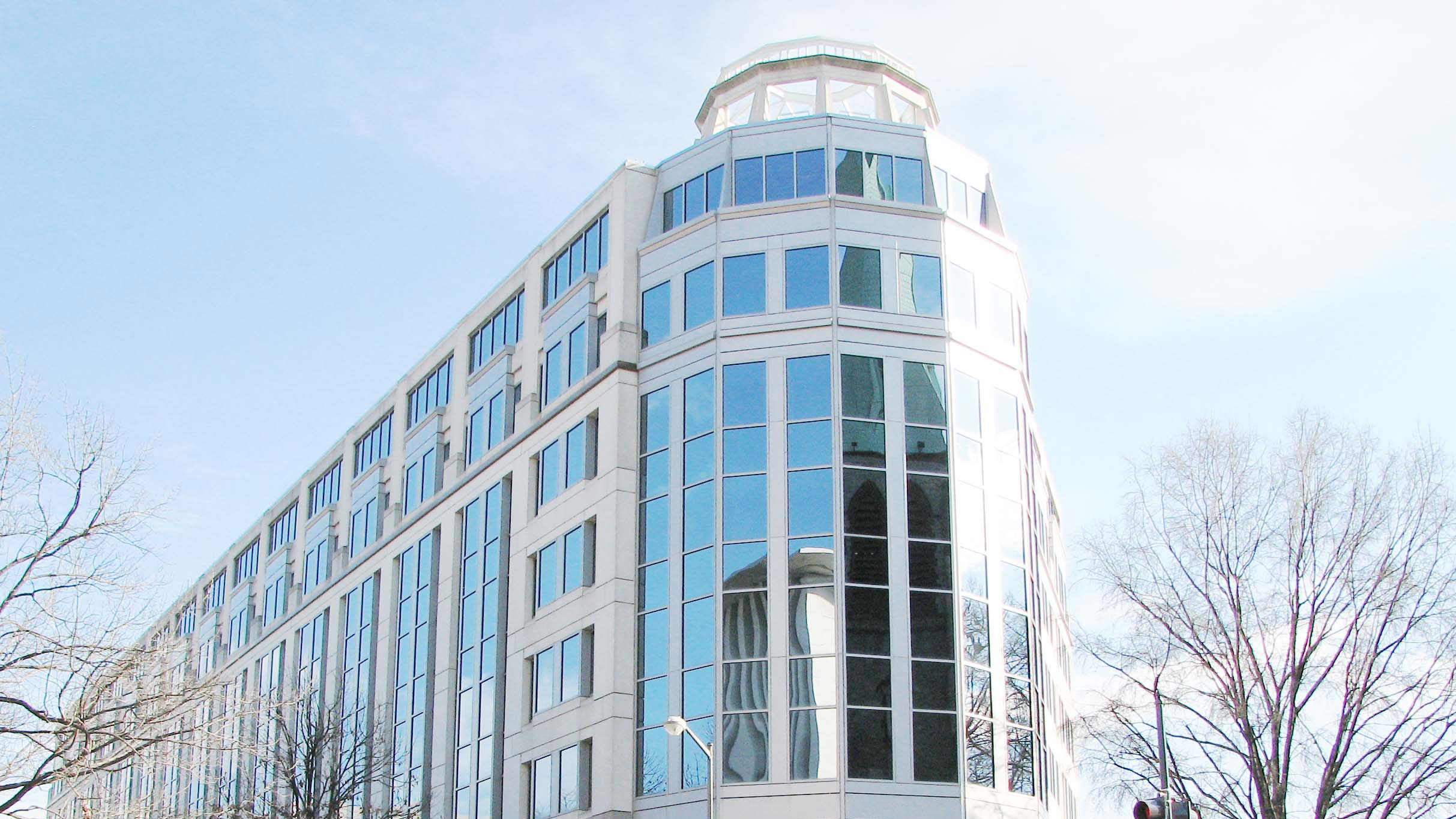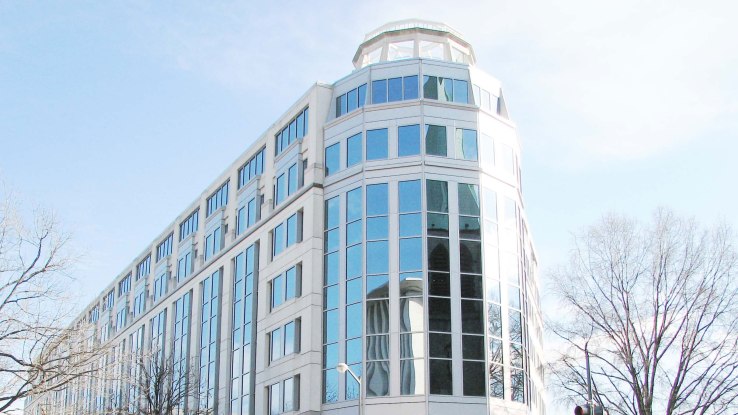ITC protection of IP necessary for continued innovation


The genius and creativity of American scientists and inventors has long kept the United States at the forefront of innovation and helped to drive U.S. economic success. The federal governments role in this effort often involves providing seed money for research and experimentation and, increasingly, in protecting American intellectual property (IP) rights in the global marketplace.
It can take many millions of dollars and a decade or more to turn an idea into a successful product. This investment and hard work should be defended. Left unchecked, infringement on IP has the potential to negate such investment and stifle future innovation. IP violations trample on the dedication and talent behind breakthroughs in technology, medicine, energy and other fields. It also poses a serious threat to the creation of high-skill, high-wage jobs that are critical to U.S. competitiveness and economic security.
The International Trade Commission (ITC) is a government agency with an important role in ensuring U.S. companies get a fair shake when it comes to protecting IP rights. At its core, the ITC has the authority to determine whether or not a foreign company operating in the United States is violating the IP of a domestic competitor. If the ITC deems that a violation is occurring, it has the ability to prevent the foreign company from selling its infringing product or products in the American marketplace. One current case provides a good example of the high stakes for companies and what the ITC can do to safeguard fair competition, IP and the public interest.
It can take many millions of dollars and a decade or more to turn an idea into a successful product.
The ITC recently concluded that certain radiotherapy (the use of high-energy rays to treat cancer and other diseases) devices made by the Swedish firm Elekta AB infringed on six patents owned by Varian Medical Systems, a leader in the field of radiotherapy based in Palo Alto, California. Over the last 40 years, Varian has invested hundreds of millions of dollars in the United States to research, develop, manufacture, installand support its radiotherapy and cancer treatment planning systems. The company manufactures its devices in the United States and employs more than 3,800 highly educated and skilled employees at 18 offices throughout the country.
In response to the patent infringements, the ITC issued an effective ban on new imports of certain Elekta devices, an action called a limited exclusion order. The decision will basically ban future importation of Elektas infringing products and set in motion a full-commission review process leading up to a final decision, which is expected next spring.
An exclusion order is a big step, so the ITC has to take several factors into account, namely the effect on public health and welfare, competitive conditions in the U.S. economy and the production of like or directly competitive equipment.With that in mind, the ban applies only to imports of specific Elekta products on a prospective basis, or new imports. The order will not impact Elekta systems already in use in the United States, and those systems can be repaired or serviced with non-infringing technology. Hospitals and medical facilities are also free to acquire comparable machines made by other companies and transition to using them to ensure seamless treatment of patients.
Amid the countless technological innovations that have revolutionized daily life in the last 20 years, advances in diagnosing and treating cancer has had significant impact on millions of people. With individualized gene therapy, robotic surgery, sophisticated radiotherapy imaging and other advances, certain cancers are now for the first time becoming treatable. To sustain and accelerate these advances, it is essential to protect the IP behind them. Otherwise, companies face the unsettling prospect of investing millions of dollars only to see a competitor benefit.
The Varian case is an excellent example of why the ITC has this authority; safeguarding what Americans do best. Designers and manufacturers of high-end equipment including spacecraft, vehicle parts, medical devices and semiconductors, which made up more than 20 percent of the $1.45 trillion in U.S. exports in 2014 are regarded as a bulwark of American global competitiveness and a reliable engine for creating and retaining high-skill, high-wage jobs.
According to the International Trade Administration, the value of exports for a range of medical devices topped $43 billion in 2015, and the median pay for medical technology jobs was 15 percent more than the average U.S. manufacturing job. The U.S., in addition to the being the global leader in producing medical technology, is also the worlds largest market for machines used in diagnosis and treatment.
Government agencies like the ITC are not in the business of shielding companies from fair and lawful competition. Indeed, it is competition that spurs innovation, new products and lower prices. The ITCs job is simply to make sure IP rights are protected. This is particularly important when it comes to IP that can save or extend lives. Everyone benefits when IP rights are protected without these protections, the next life-saving innovation may never be developed.
Read more: https://techcrunch.com/2017/01/13/itc-protection-of-ip-necessary-for-continued-innovation/